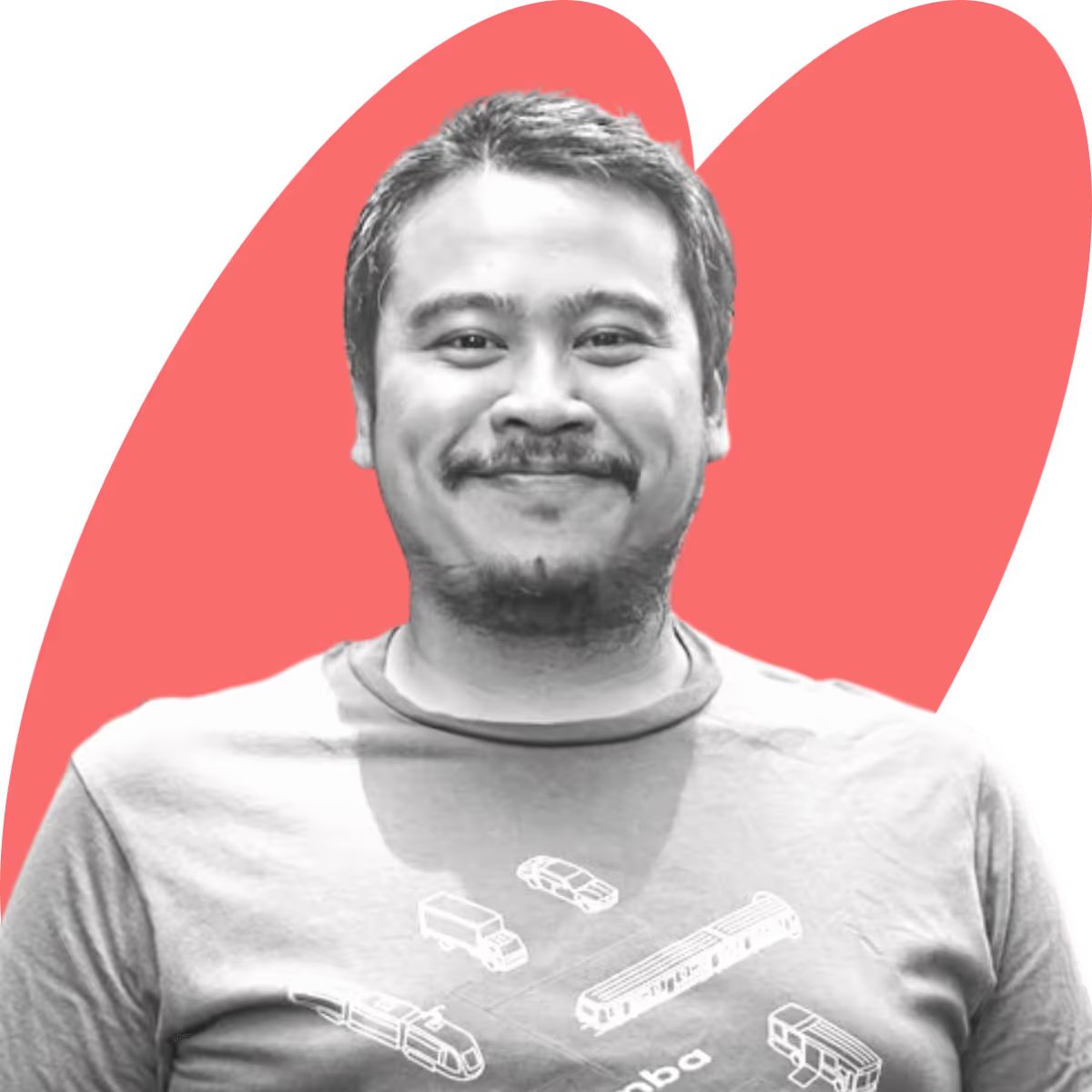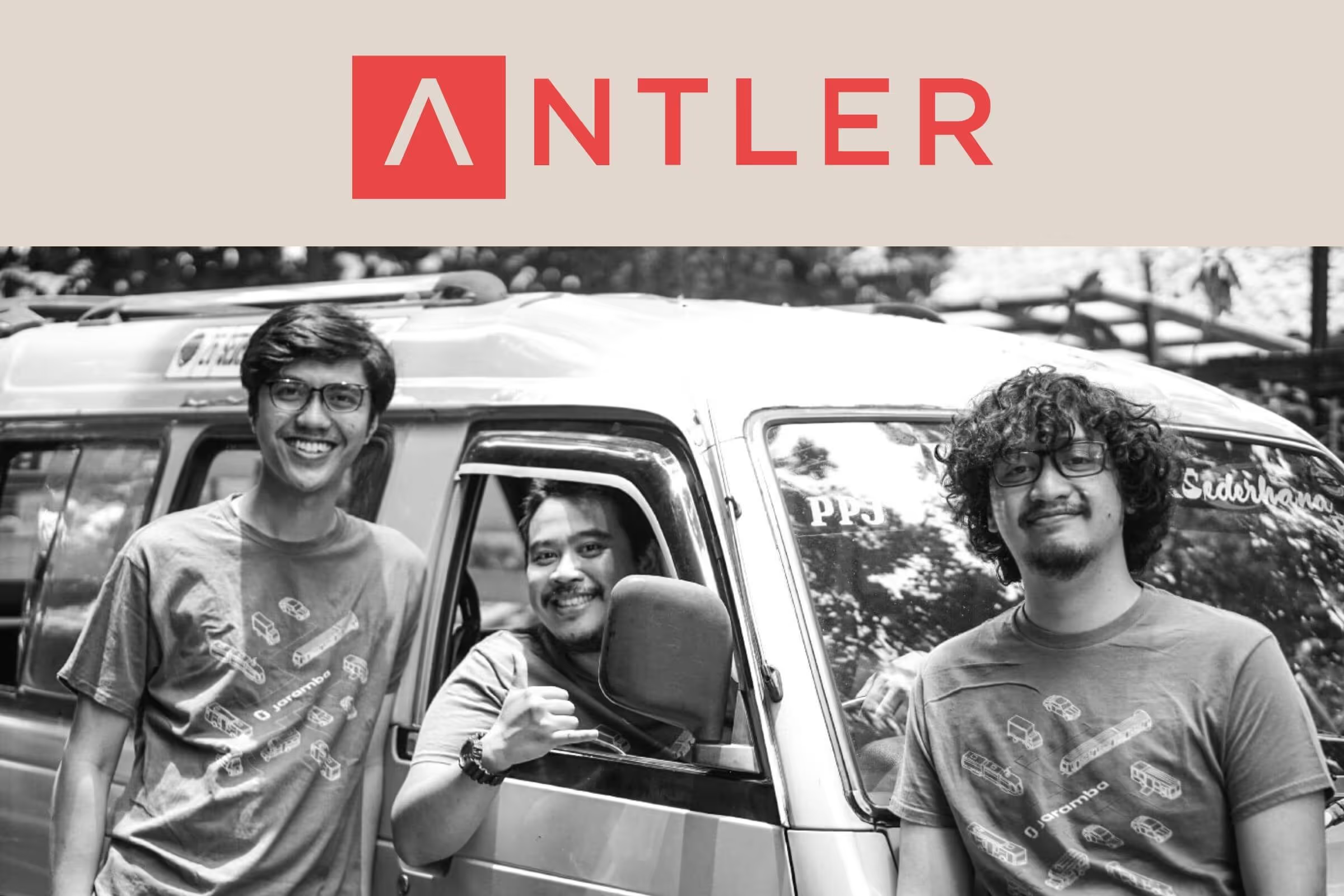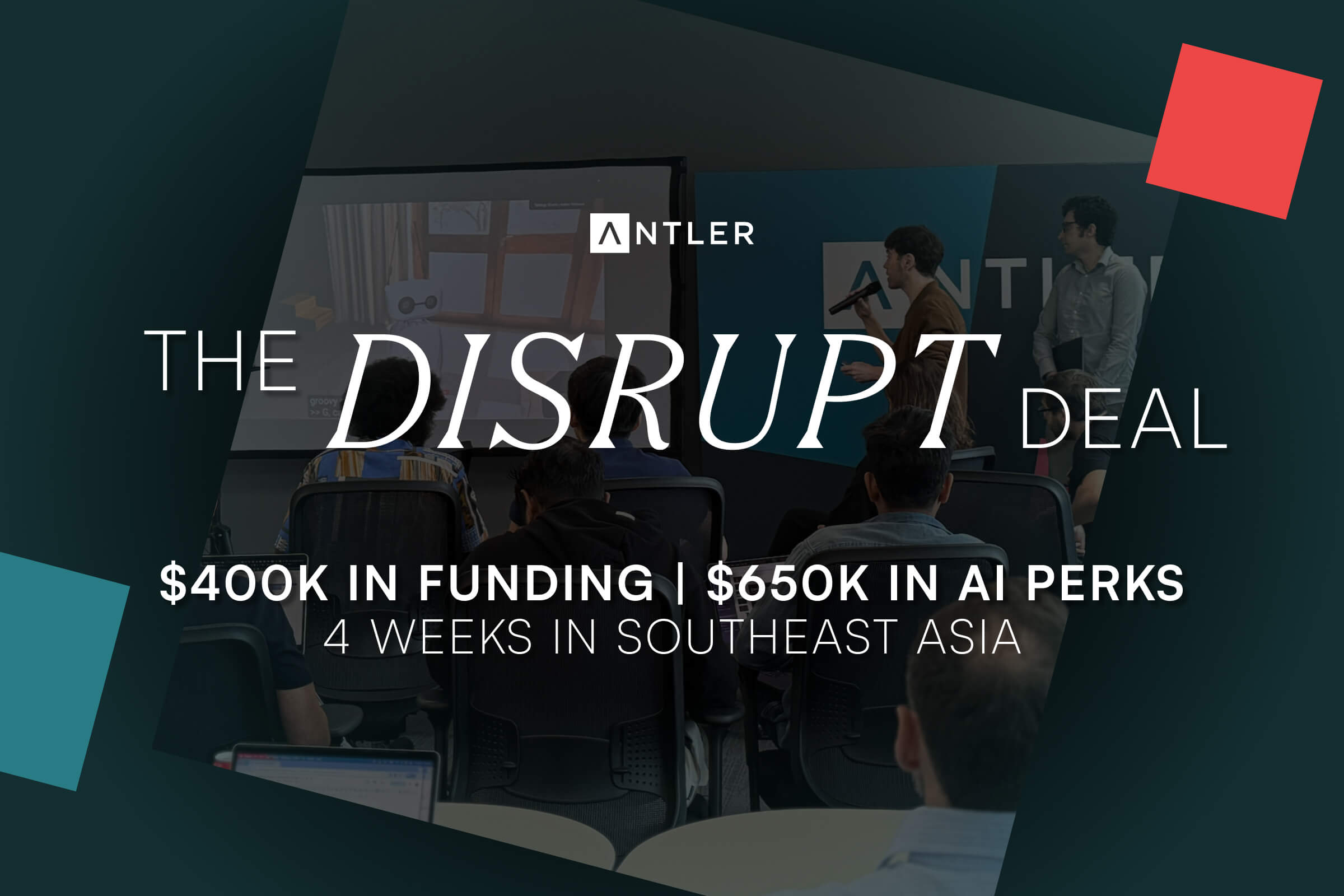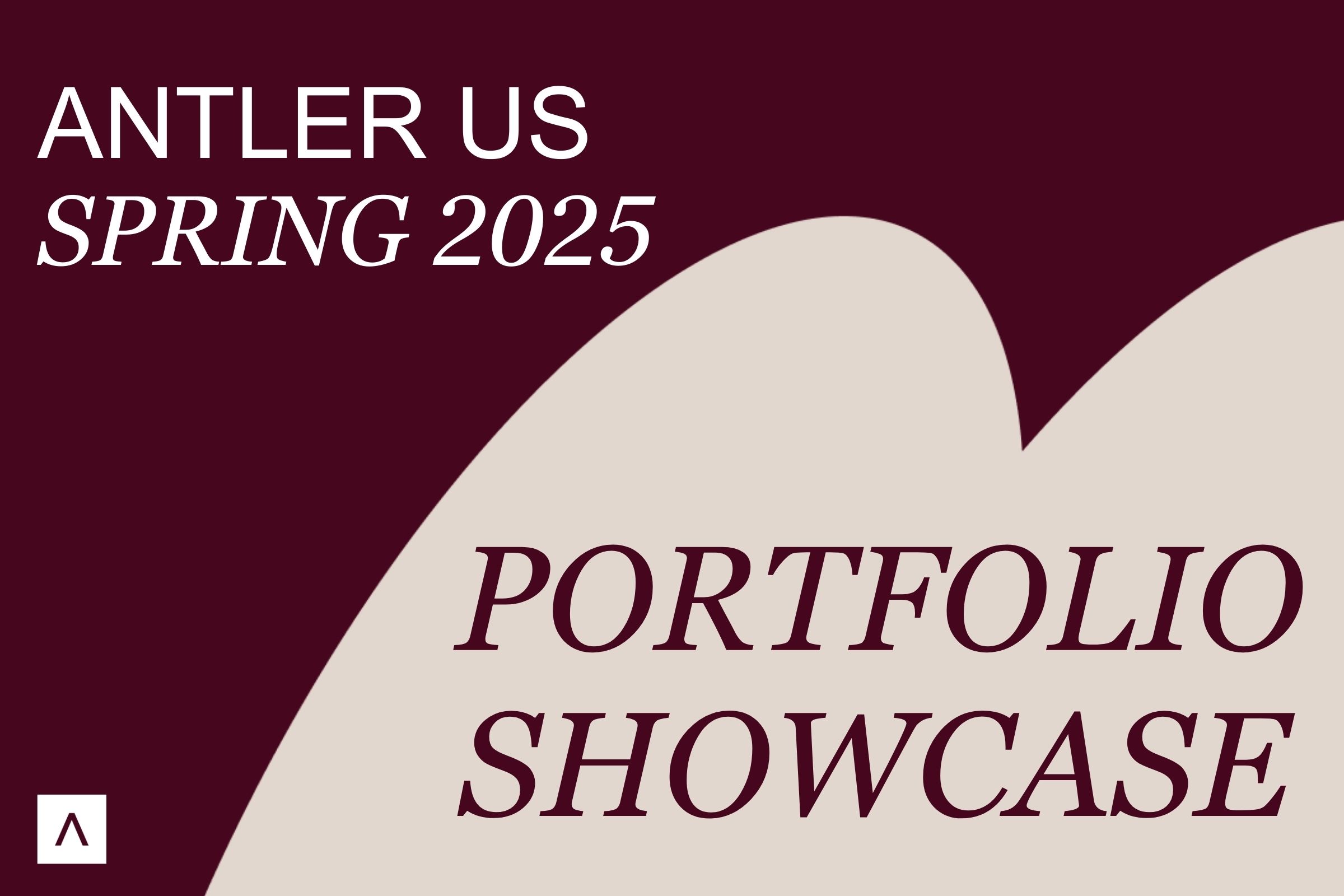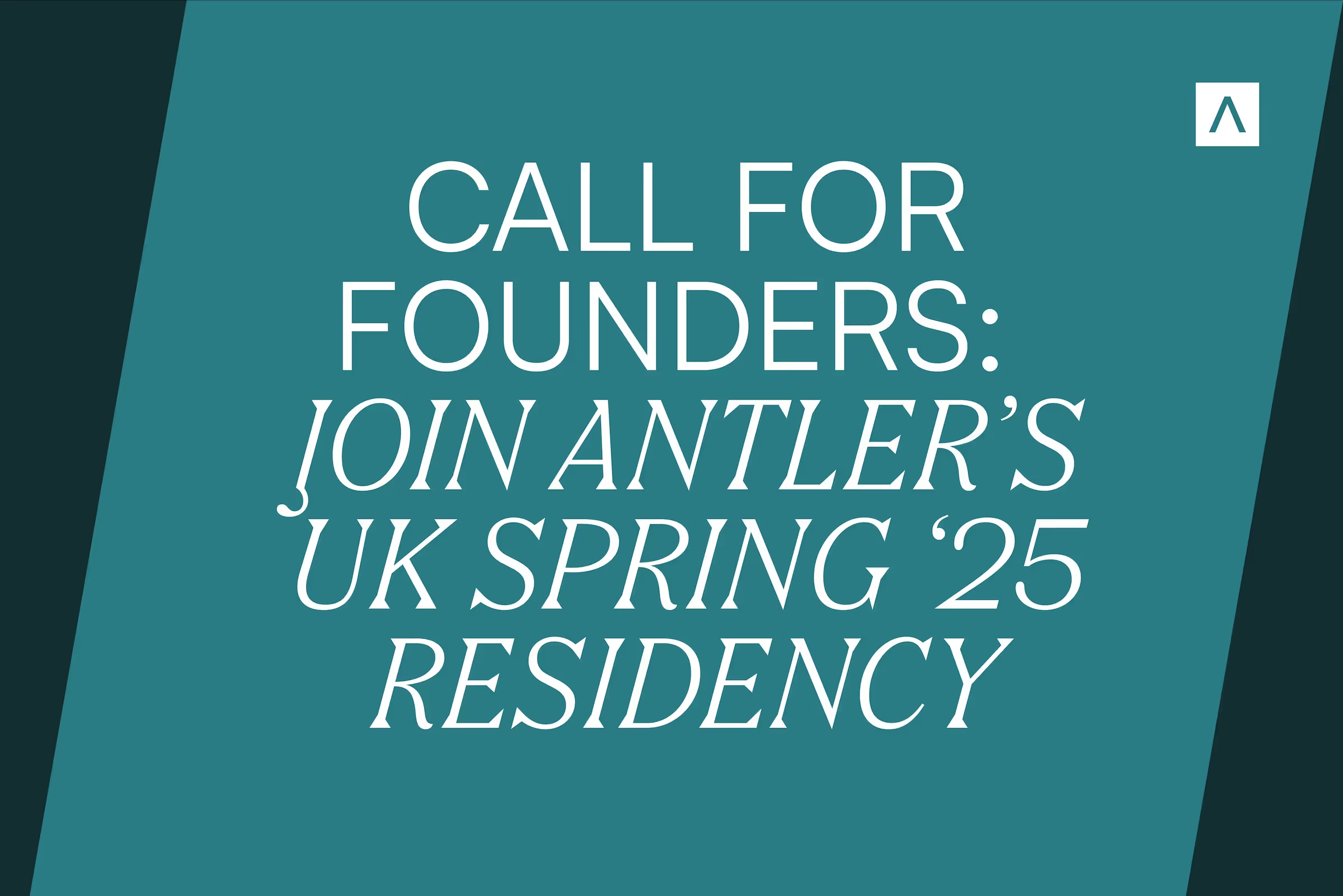Upon returning to Bandung, Indonesia, I sensed a recurring situation as seen in other cities in emerging countries: typically high populations and car-oriented cities. With the average density reaching four times the density in European cities, emerging cities facing a very high motor vehicle growth. While the world is talking about the future of Mobility, we are still experiencing difficulties in moving between places.
Our public transport system is far from ideal. We have to search for the route first, then wait indefinitely on the sidewalk (if there is one), get confused on which bus we should take and when to switch to the next buses. Then we have to pay cash.
All of those inconveniences push people to become dependent on private vehicles.
As a result, the transportation sector in Bandung consumes 3.6 million liters of gasoline which produces 257 Gigatonnes of CO2 (2012). Meanwhile, in Jakarta, losses due to congestion reached US$ 4.5 billion (World Bank, 2019).
Like other emerging cities, Bandung also has informal community transport to respond to local people's everyday Mobility needs, called Angkot. Angkot drivers not only provide transport services in congested built-up areas but also are a major source of livelihood for local drivers and their families.
Unlike drivers at formally-managed public transport that get paid on a fix, monthly wages, Angkot drivers get their income from revenue sharing of their daily revenue, after cut to the fleet owner, cooperative daily deposit, and petrol expenses.
The city governments faced difficulties in managing Angkot due to a high level of informality in internal management that leads to uncertainty in services and fare structure. The people of Bandung rely on 5,500 Angkot fleets on 39 routes.
Ideas, as many people said, are a dime a dozen. Execution is not.
For almost two years my mind was occupied by this particular problem. It gets more complicated as I don't want to build a business that overlaps government or NGO roles.
January 2021 I met my friend, Erdy, with whom I shared my vision and the discussion goes deeper. Feeling challenged by the situation in our home country, we decided to test and validate this idea. The founding team of Jaramba was formed, marked with Rama joining as a tech co-founder.
Our first question is: how might we implement a reengineered MaaS to adapt it to the situation of emerging countries? We need some help to build this idea. The first thing that crossed my mind is checking Antler website, an accelerator which I knew when I visited Sydney Startup Hub back in 2019 (and I am kinda obsessed with them ever since, haha!).
Turns out that they are opening SG8 cohort. With no hesitation, we apply Antler SG8 cohort as a pre-formed team. With no exit nor ex-unicorn experiences in the three of us, it feels surreal when we got the good news. The programs were designed aggressively that we keep ourselves busy with cycles of validation.
In one week we can go test destination check-in features, validate it to potential supermarket partners. Another week we go travel to a touristy regency to validate tourism integration features with a local company. It all paid off with us passing through the IC and getting our pre-seed investment!
After a series of validations, including a PoC live testing campaign — Jarambah Week, we finally go live on 7 January 2022 starting from Bandung. We simplify Mobility in emerging markets by integrating public transport services into a single platform where users can get trip information, check real-time vehicle positions, pay cashless and buy in bulk. We have been operating for 7 weeks now.
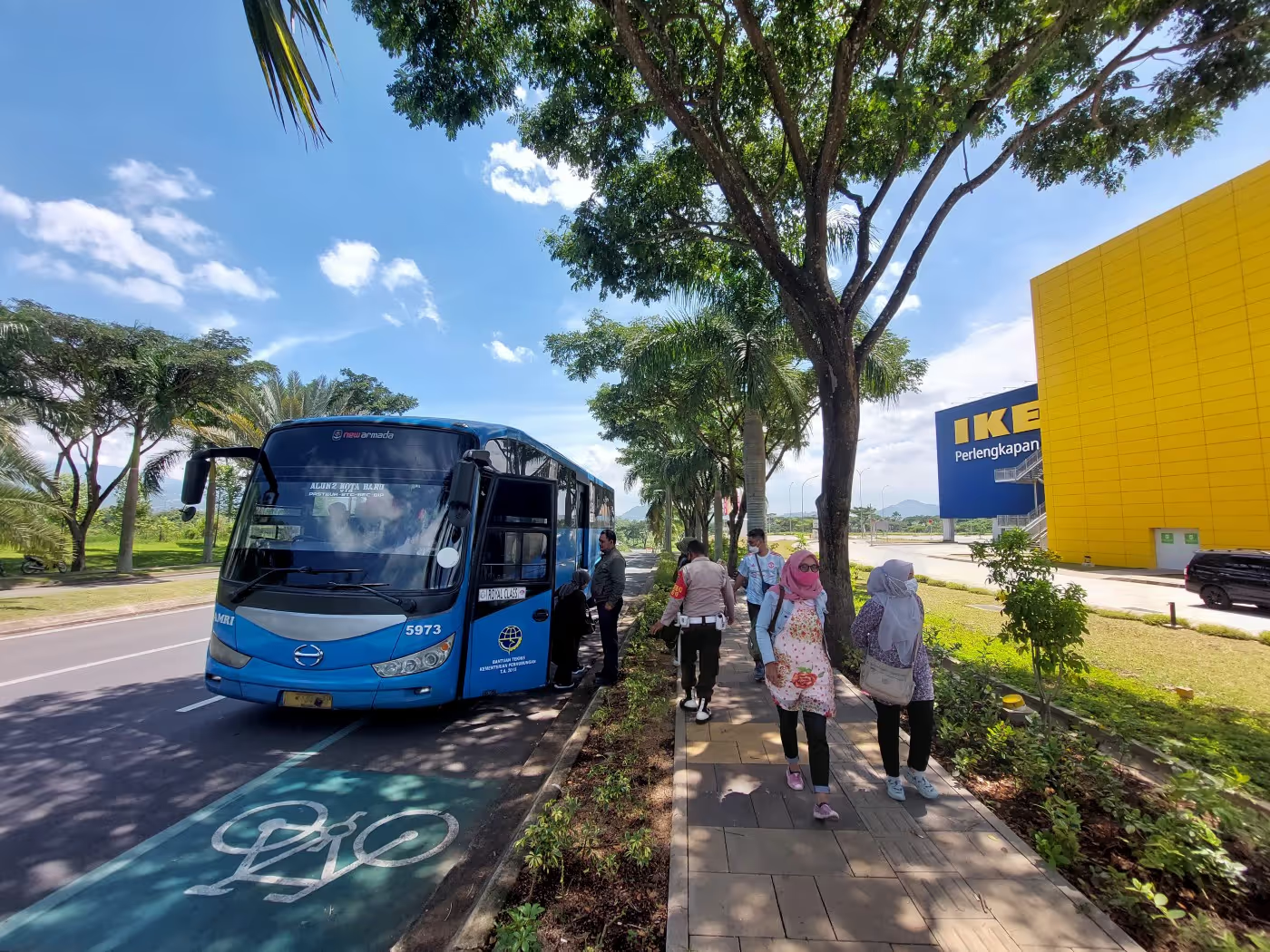
We have partnered with Angkot cooperative and metro bus operators in Bandung, with a total of 4 routes consisting of 110+ fleets integrated, already used by 4000+ users, and serving 400+ among them.
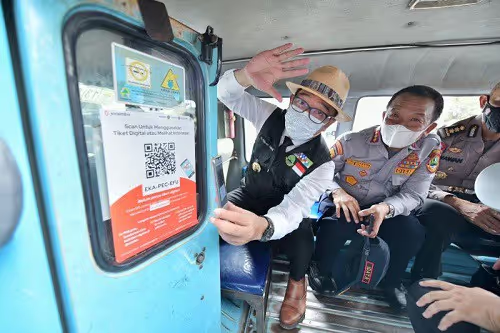
"A developed country is not a place where the poor have cars. It's where the rich use public transportation" is a quote from Gustavo Petro, the former mayor of Bogota that is in line with our vision.
In Jaramba, we strive to provide equal access to Mobility services for everyone. We believe the future of Mobility, at least for the next few decades, is neither flying cars nor teleport gates, but the coherence and connectedness in the whole public transport system. To do daily trips, we don't need to trap ourselves behind the steering wheels, we just need a few taps on the smartphone.

The intricate behind-the-scenes integration is simplified in such a way so that the services arrive in front of the user's screen. This will make it easier for us to travel every day without having to tie ourselves to the liability of car ownership because Mobility is a primary need of modern people.
Having reliable and affordable public transport is key to social and economic equality. People can easily go to their school or work, and in the long run, will improve the economic condition in emerging countries.



